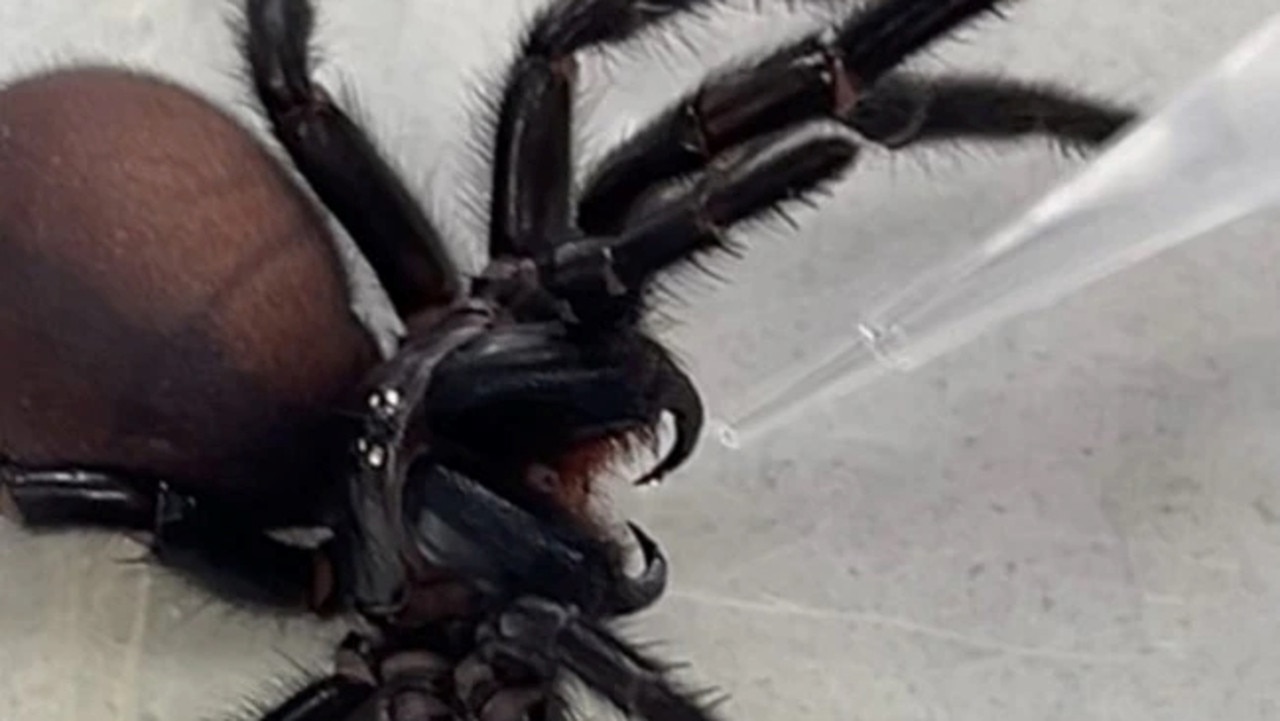Japanese government to dump nuclear wastewater in Pacific Ocean
The Japanese government has plans to release 1000 storage tanks of radioactive wastewater into the Pacific Ocean.
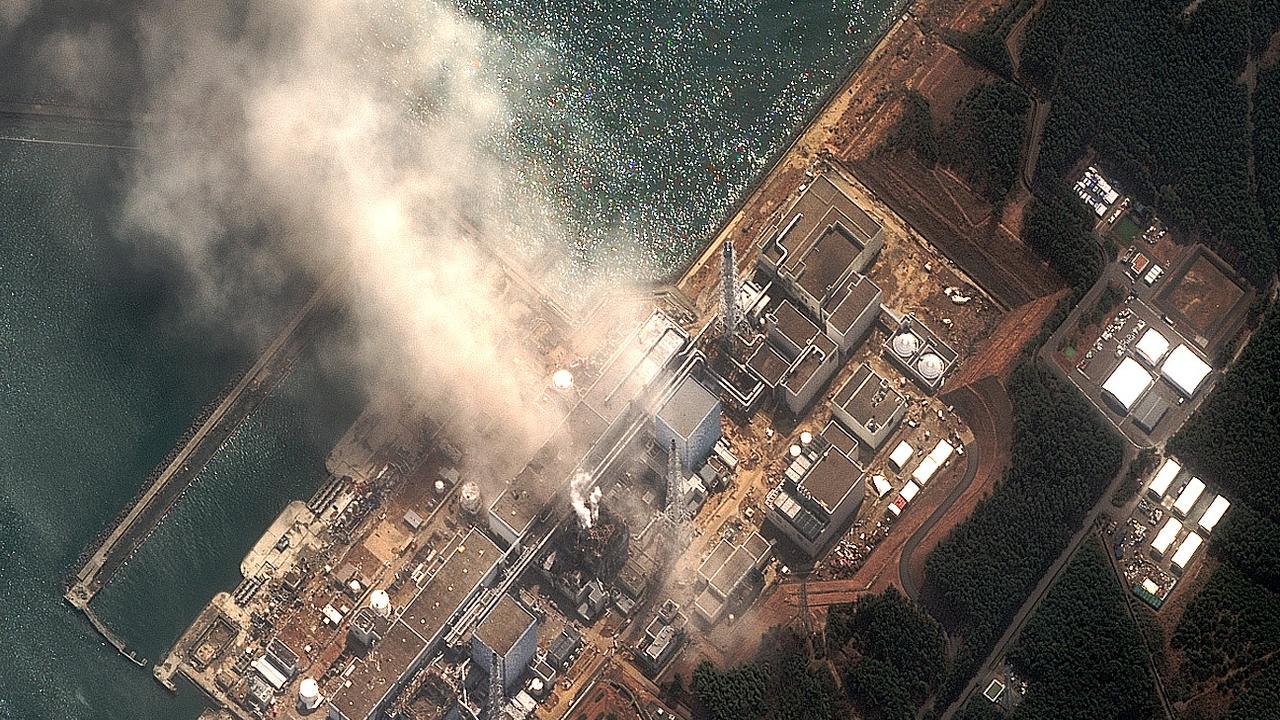
Scientists have responded to a plan to dump more than one million tonnes of wastewater from the Fukushima nuclear reactor into the Pacific Ocean.
In 2011, a major earthquake triggered a tsunami that crashed into the nuclear reactor and caused a major health disaster, as radiation was released into the atmosphere and ocean.
Authorities have filled more than 1000 storage tanks with water used to cool the melted reactor of the Fukushima Daiichi nuclear power plant and are now looking for a new place to store it.
A plan has been in the works for years to treat and dilute the wastewater – removing most of the radioactive materials – before releasing it into the Pacific Ocean and onto the doorstep of neighbouring nations.
The water could be released as soon as summer 2023.
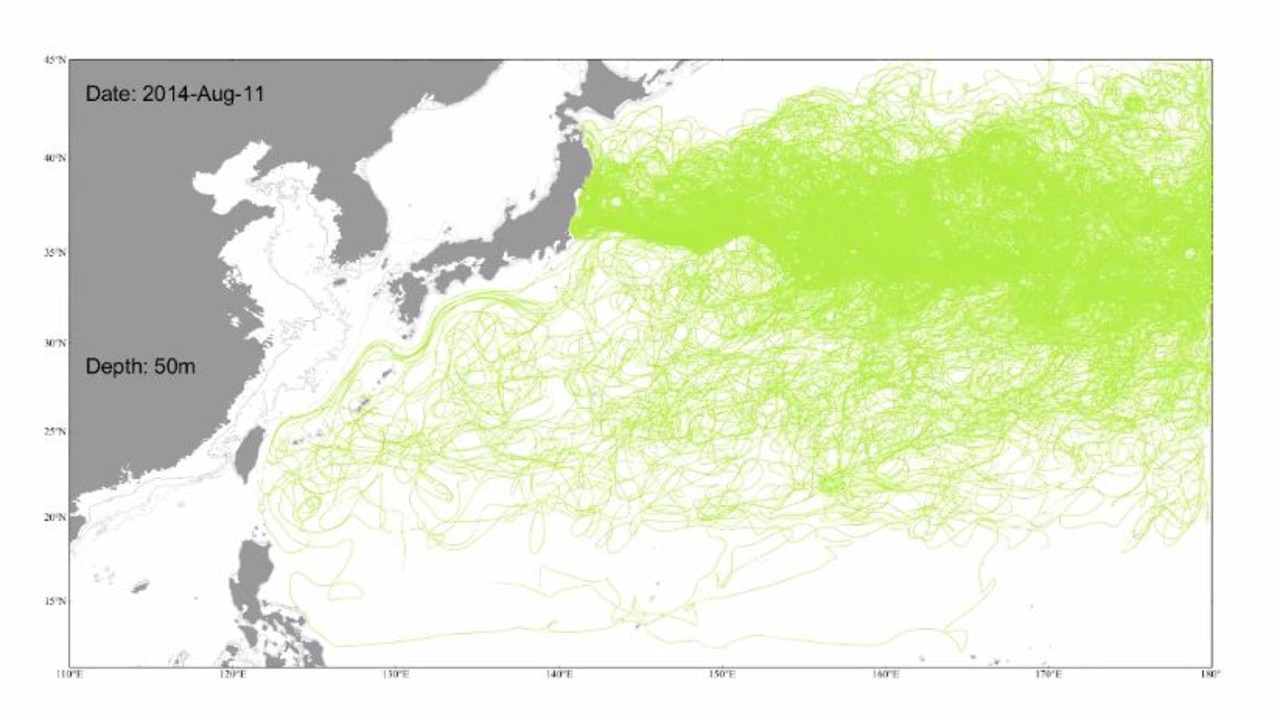
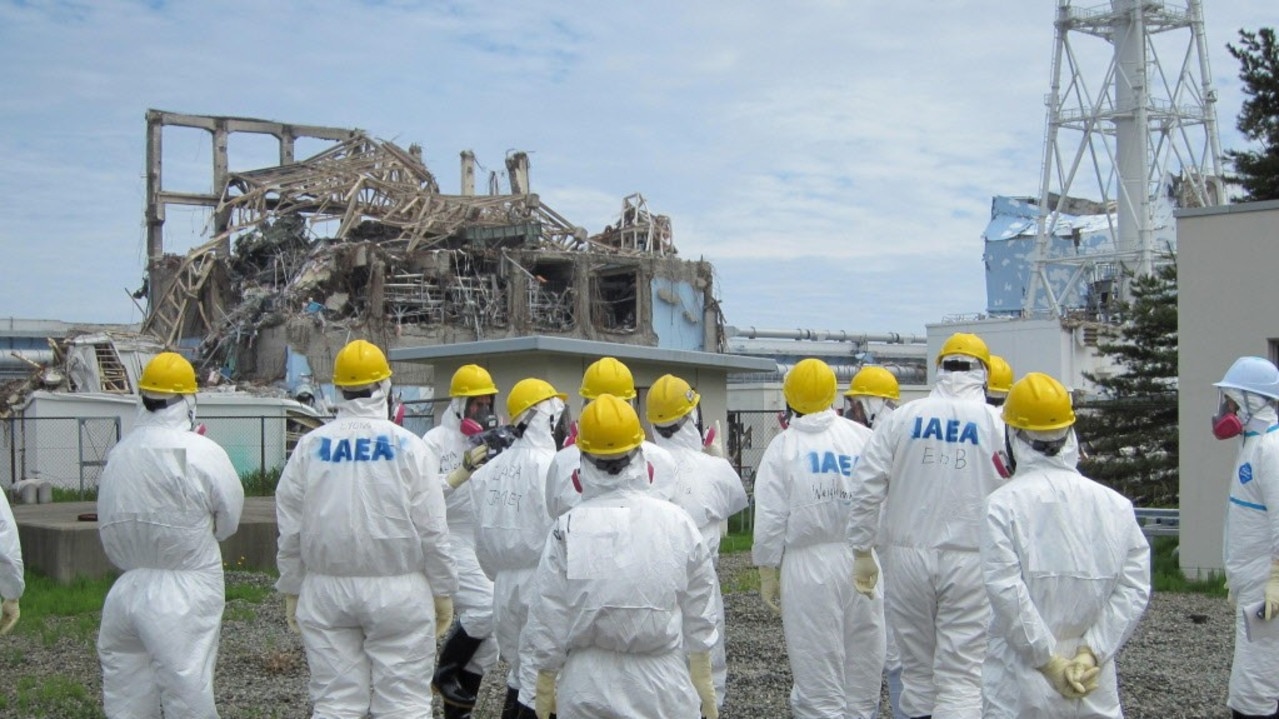
Some nations surrounding the dumpsite, including the Pacific islands, have expressed fears over the dumping of wastewater originating from one of the most catastrophic natural disasters in modern history.
However, University of Auckland senior lecturer David Krofcheck has described it as the “least bad option” for dealing with the radioactive wastewater.
“That's probably the least bad option,” he told a press briefing on Wednesday.
“Not that it’s a bad option because the dose of tritium being diluted is so small.”

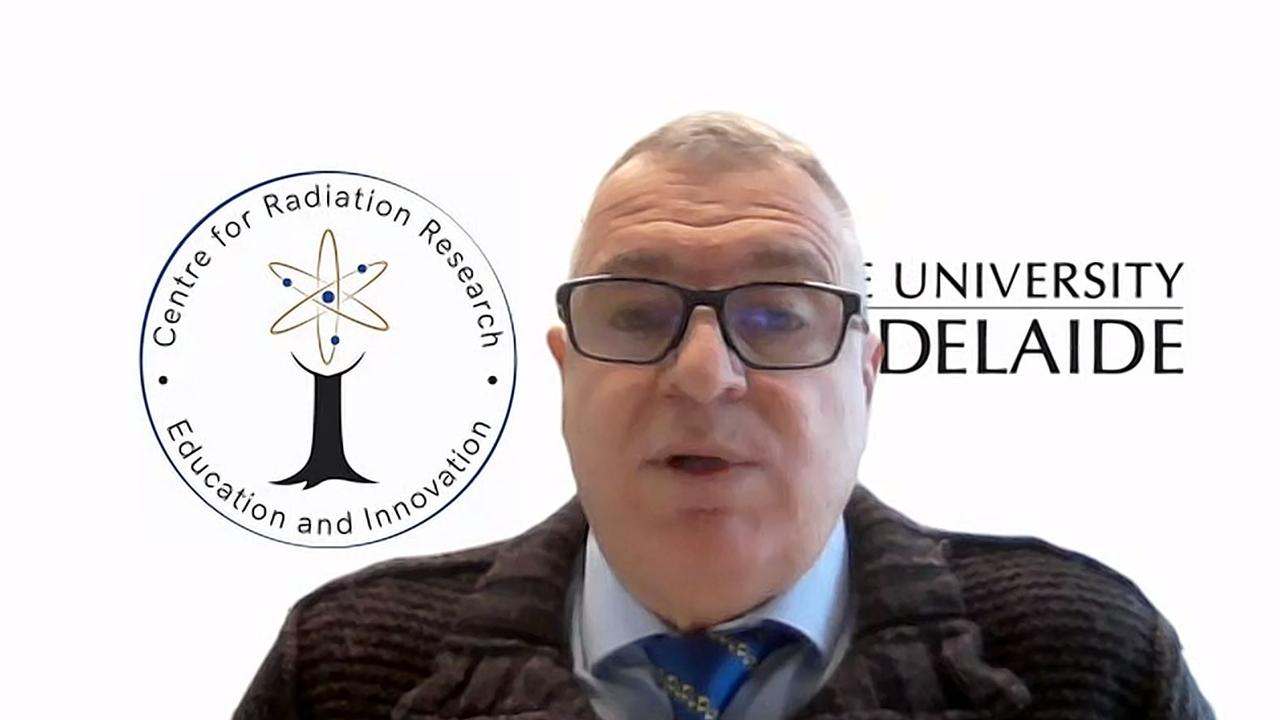
The radioactive wastewater has already been treated through an advanced liquid processing system that has removed 63 radionuclides from the water.
The only remaining radionuclides are tritium – a radioactive isotope found in hydrogen – and carbon-14 – a radioactive isotope found in carbon.
University of Adelaide associate professor and former Australasian Radiation Protection Society president Tony Hooker explained that organically bound tritium was understood to have a life of around 40 days after being consumed.
“I haven’t seen any detrimental effects of organically bound tritium,” he said.
Dr Krofcheck agreed that after extensive research he had not found any study linking tritium to cancer.
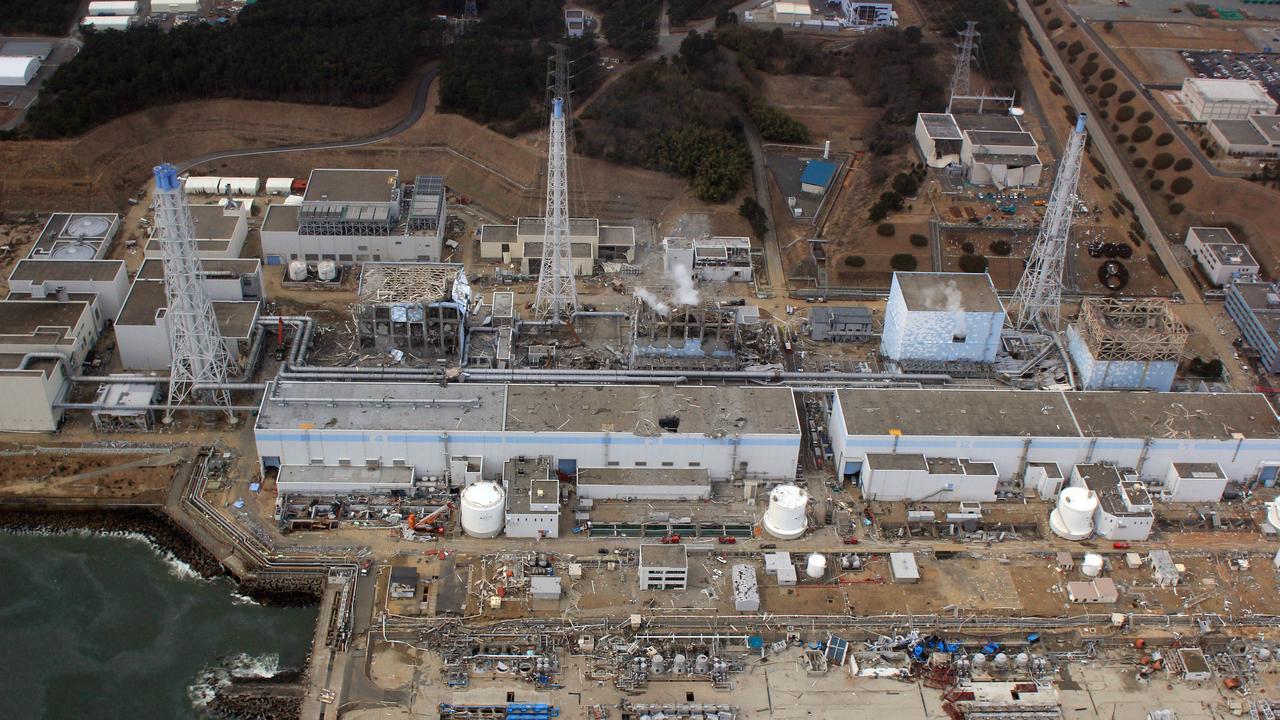
The International Atomic Energy Agency has independently observed samples taken from the first batch of treated water expected to be discharged into the sea.
Dr Hooker said despite the Japanese government operating in “good faith” with the international community, it did not need to have the wastewater signed off by any external agency.
As Australia inches closer towards considering nuclear energy as a viable alternative to coal-fired energy, Japan’s modelling of wastewater management is being watched closely.
“I’m hoping someday that we keep this nuclear power going and at the same time increase renewable sources, solar power and wind power, and keep that growing,” Dr Krofcheck said.
“But we’re not at that date yet, we still need nuclear power.”
However, Dr Hooker said there was innovation to reduce the amount of waste produced by nuclear reactors in the way of smaller “plug and play” reactors.



